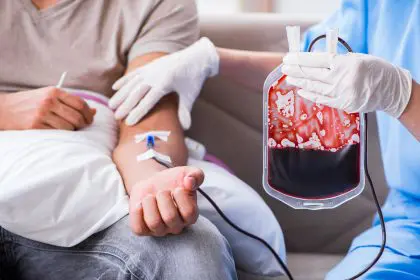
Early leukemia indicators that should never be ignored
Leukemia, a cancer of the body’s blood-forming tissues including bone marrow and lymphatic system, affects approximately 60,530 Americans each year according to the American Cancer

Leukemia, a cancer of the body’s blood-forming tissues including bone marrow and lymphatic system, affects approximately 60,530 Americans each year according to the American Cancer

The diagnosis of diabetes often feels like a sudden shock – one day you’re fine, the next you’re facing a lifelong condition. But the reality
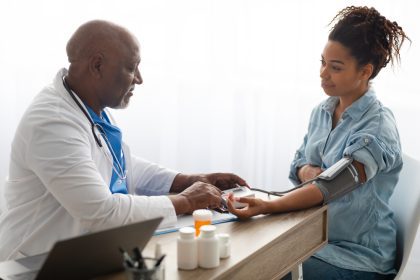
That weird pain you’ve been ignoring might actually be trying to tell you something important. Our bodies are incredibly sophisticated machines that often detect problems

The thought of developing dementia later in life ranks among the most feared health outcomes for many Americans. As the population ages, concerns about cognitive
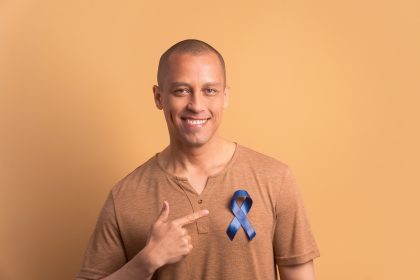
Prostate cancer affects one in eight men during their lifetime, making it the second most common cancer among American males. Despite its prevalence, this disease

Breast cancer remains one of the most prevalent health concerns for women nationwide, affecting approximately one in eight women in the United States during their
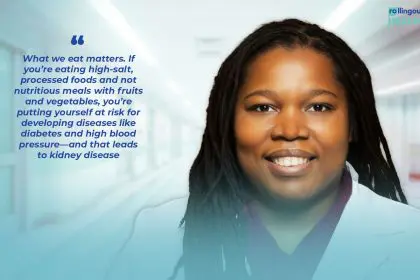
Kidney disease is a silent but deadly health issue disproportionately affecting Black and Hispanic communities. In this exclusive interview with rolling out, Dr. Scherly Leon,
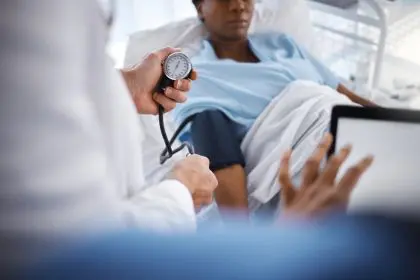
Finding cancer early can make all the difference between a challenging but successful treatment journey and a devastating outcome. Medical experts consistently emphasize that recognizing
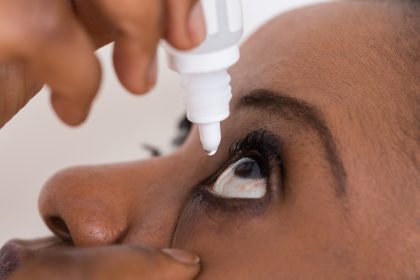
Many people casually dismiss occasional blurry vision as simple eye fatigue or the need for new glasses. However, eye health specialists caution that this common
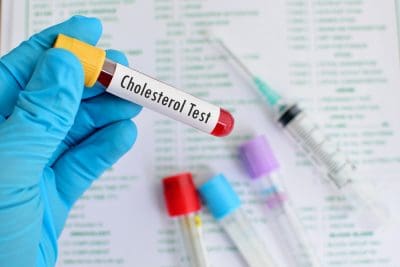
Regular health screenings serve as essential tools for early disease detection and maintaining overall wellness. By identifying potential health concerns before symptoms develop, these examinations

The landscape of breast cancer detection continues to evolve, with medical understanding now emphasizing personalized knowledge of breast tissue over rigid examination routines. This shift

Liver cancer cases continue to rise globally, with the American Cancer Society estimating over 41,000 new diagnoses in the United States this year alone. This

When faced with a breast cancer diagnosis, individuals often search not only for medical guidance but also for emotional sustenance to navigate the complex journey

Your mouth can reveal crucial clues about your overall health that shouldn’t be dismissed. While many people maintain basic dental hygiene, certain warning signs often

Regular self-examination remains one of the most accessible and empowering tools women have in the early detection of breast cancer. Being familiar with your breast

Breast cancer remains one of the most pressing health challenges worldwide. While the presence of a lump has long been the primary warning sign, evolving

When Jasmine Williams noticed slight changes in her body, she initially brushed them off as minor inconveniences. Like many busy women, the 35-year-old teacher prioritized
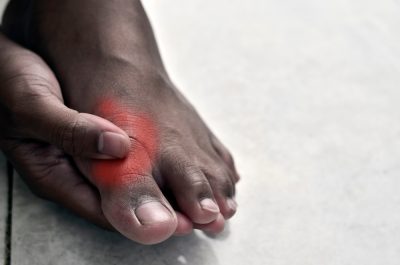
When Maria Delgado noticed a dark streak under her big toenail, she assumed it was from dropping her gym bag on her foot. Six months
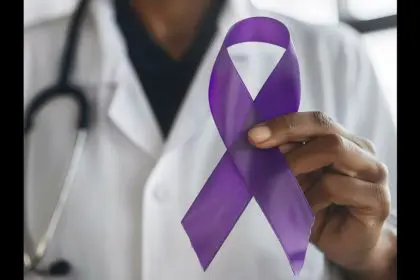
Alzheimer’s disease has long been recognized as a progressive neurodegenerative disorder, but new research is reshaping our understanding of its development. Scientists have uncovered a

When Julia Thompson noticed persistent stomach pain last summer, she dismissed it as stress-related indigestion. Like many Americans facing similar symptoms, she tried over-the-counter medications
